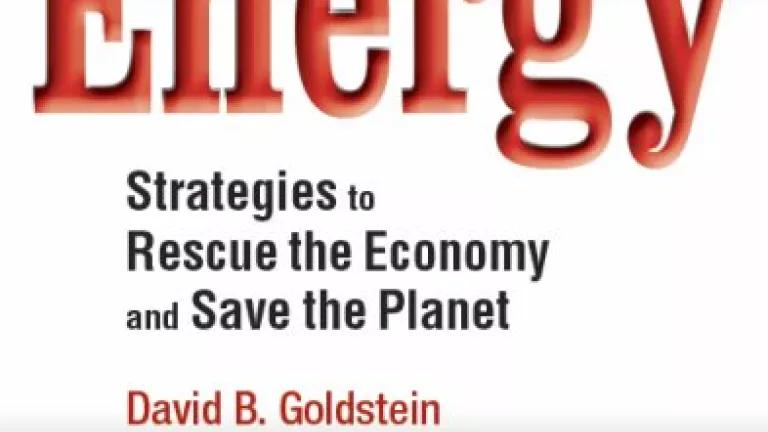
This past week, the news has been dominated by problems: the sinking stock market and the spreading oil slick in the gulf. The tone of the media‘s response to this has been like that of a spectator at a baseball game: we ask, “Are things getting worse or better?” “Is our team playing well or poorly?” “Can we hope for things to get better?”
But the most critical question is lost from the discussion. The more important question is: Do our problems have solutions? Our problems are not going to be solved if Americans act like we are spectators at the sports game. We have to be players, not spectators. To do this, we must first ask: Do our problems have practical solutions?
My new book, Invisible Energy, answers yes. We can, as a nation, eliminate the need to drill for oil in dangerous and sensitive areas. We can, as a nation, pull ourselves out of the recession rather than passively hoping for recovery and build sustainable prosperity.
In one of my interviews for the book, I was asked derisively, “why should an environmentalist care about the economy?” The answer is that environmentalists are about solving problems. If we find that pollution is damaging an ecosystem or compromising human health, we ask how it can be reduced or eliminated, and propose concrete plans to do so.
In the case of energy, we find that the same fundamental problem that led to the BP oil spill has also been weakening our economy for over a generation. High energy prices that are the consequences of excessive usage have made it profitable for oil companies to drill in remote, dangerous, and expensive places. The same high energy prices hold back the economy and compromise our national security in multiple ways.
It is not a coincidence that the median income of Americans stopped growing in 1973, the same year that energy costs first skyrocketed. Nor is it a coincidence that the economy went off the rails most recently when oil prices exceeded $140/barrel.
Invisible Energy analyzes what the problems are that are hurting both the environment and the economy. It shows how these problems are at the heart of why we are in a recession. But more importantly, it sets forth a comprehensive plan for getting both the economy and the environment back on track. The plan is market-based: focusing on areas where failures of markets can be overcome and how market forces can produce innovation and how we use energy that would allow us to live better on much less.
